|
The two-plus year great hoax has come to an end. Trump is not Putin's puppet, as the vast majority of the mainstream media and Democrats have claimed. There was no "collusion" with Russia. So after so much wasted time and money, where do US/Russia relations stand and where should they be heading? What does it mean for the Venezuela regime change operation?
By Norm Singleton
This month marks when the war-hawks in both parties assured us that we would never see the 16th anniversary of the U.S. invasion of Iraq. Remember, this invasion was going to be a "cakewalk" and "we’d be greeted as liberators!" To commemorate this sad anniversary, here is Campaign for Liberty Chairman Ron Paul’s speech opposing the “authorization of military force against Iraq.” This was not a declaration of war. Instead, it gave the President authority to launch a military action whenever he sees fit. Dr. Paul debunks every claim that was made to justify getting into Iraq. If only Congress would had listened: RON PAUL: I oppose the resolution authorizing military force against Iraq. The wisdom of the war is one issue, but the process and the philosophy behind our foreign policy are important issues as well. But I have come to the conclusion that I see no threat to our national security. There is no convincing evidence that Iraq is capable of threatening the security of this country, and, therefore, very little reason, if any, to pursue a war.
This article was originally published at Campaign for Liberty.
With each passing month, we're greeted with more evidence of a fact that The Federal Reserve has no idea what it's doing. For many of us, this is not the least bit of a surprise. Central planning of the economy cannot work. Yet, never ones to admit that they're wrong, the main job of a central planner is to find just one more way to kick the can down the road. Eventually, they must run out of schemes. Ron Paul discusses on today's Liberty Report!
By Ron Paul
[This article was originally published in 2009.] Political philosopher Richard Weaver famously and correctly stated that ideas have consequences. Take for example ideas about rights versus goods. Natural law states that people have rights to life, liberty and the pursuit of happiness. A good is something you work for and earn. It might be a need, like food, but more “goods” seem to be becoming “rights” in our culture, and this has troubling consequences. It might seem harmless enough to decide that people have a right to things like education, employment, housing or healthcare. But if we look a little further into the consequences, we can see that the workings of the community and economy are thrown wildly off balance when people accept those ideas. First of all, other people must pay for things like healthcare. Those people have bills to pay and families to support, just as you do. If there is a “right” to healthcare, you must force the providers of those goods, or others, to serve you. Obviously, if healthcare providers were suddenly considered outright slaves to healthcare consumers, our medical schools would quickly empty. As the government continues to convince us that healthcare is a right instead of a good, it also very generously agrees to step in as middleman. Politicians can be very good at making it sound as if healthcare will be free for everybody. Nothing could be further from the truth. The administration doesn’t want you to think too much about how hospitals will be funded, or how you will somehow get something for nothing in the healthcare arena. We are asked to just trust the politicians. Somehow it will all work out. Universal Healthcare never quite works out the way the people are led to believe before implementing it. Citizens in countries with nationalized healthcare never would have accepted this system had they known upfront about the rationing of care and the long lines. As bureaucrats take over medicine, costs go up and quality goes down because doctors spend more and more of their time on paperwork and less time helping patients. As costs skyrocket, as they always do when inefficient bureaucrats take the reins, government will need to confiscate more and more money from an already foundering economy to somehow pay the bills. As we have seen many times, the more money and power that government has, the more power it will abuse. The frightening aspect of all this is that cutting costs, which they will inevitably do, could very well mean denying vital services. And since participation will be mandatory, no legal alternatives will be available. The government will be paying the bills, forcing doctors and hospitals to dance more and more to the government’s tune. Having to subject our health to this bureaucratic insanity and mismanagement is possibly the biggest danger we face. The great irony is that in turning the good of healthcare into a right, your life and liberty are put in jeopardy. Instead of further removing healthcare from the market, we should return to a true free market in healthcare, one that empowers individuals, not bureaucrats, with control of healthcare dollars.
This week marks 16 years since the US attacked an Iraq that had neither attacked nor threatened us. Claims that Iraq had WMDs were lies and the Bush Administration knew they were lies. So 16 years later who is coming out on top after the US attack? Here's a hint: the most unintended of consequences.
By Thomas DiLorenzo
Brazil's president Bolsonaro made an unprecedented visit to CIA headquarters as the first stop of his Washington visit. There he was briefed on Venezuela, according to press reports. Later, President Trump came out in favor of "major non-NATO ally" status for Brazil. What's really at play here? Invasion plans?
By Chris Rossini
If you're walking around and talking about how you "hate profits," you might as well say that you "hate oxygen" too. The truth is that you really don't hate profits because you can't hate profits. Every moment of your life, you're seeking to profit, and concomitantly are trying to avoid losses. Every single moment! Human life is a continuous sequence of single purposeful actions. The purpose of every one of our actions is to profit in some way, or exchange one end result for another that we value more at the moment. Every action requires us to trade both our limited time, and some form of our energy (or labor) for the end result that we desire. If you have an itch that makes you uncomfortable, you decide to trade a few seconds of your time, along with the labor of moving your hand and fingers to scratch it. If the itch goes away as a result of your action?...And you're satisfied? Profit! ...... PROFIT!!! That's it! That's what profits are. Action that leads to the removal of some dissatisfaction. We're doing this all day ... every day. We're doing it right now. Seems rather strange to "hate profits," doesn't it? If there's something worth hating, it's losses, not profits. Let's take another scenario. Your son has a baseball game in another town, and you want to catch it after work. You don't know exactly where the field is, but you'll wing it. After work, you get in your car (capital) .... and drive (labor/energy) ... for an hour (limited time). You have an end in mind to see your son play his baseball game, and you're going to act by using your capital, labor, and time to achieve that end. If you achieve your end and you're satisfied? .... Profit! But let's say that after an hour of driving, you don't end up at the baseball field, but at a shopping mall! Uh...oh....problem.... You stop at a gas station to ask where the baseball field is, and they have no idea what you're talking about. You can't call anyone because your phone is dead. You're now suffering LOSSES....one after another. The end result that you've chosen is not being reached, and you're squandering your limited time, energy, and money (on gas). Isn't it rational, not to hate profits, but to hate losses instead? Doesn't it make more sense, not to hate the proper allocation of time, energy and resources, but the improper allocation? Now, it's smart not to hate losses either. No human is all-knowing and omnipotent. We all make mistakes in judgement and we make them quite often. It's best to learn from our mistakes, so that we make them once, and never again. Now you may be thinking to yourself..... "No, you don't understand. I don't hate those profits. I only hate profits that have to do with money." To which I would respond: "Well you don't understand monetary profits either then." Monetary profits operate on the same exact principle. Let's go to our scenario: Let's say that the American military empire finally has to close its doors. It can't afford to fight any more wars because they're now completely broke. As a result of this, the vast majority of Americans are as happy as ever. Troops are coming home from all over the world. An entrepreneur thinks to himself: "I've never seen Americans so happy. I bet there's going to be another baby boom. I'll take a risk with my resources." The entrepreneur then starts putting everything together. He has savings built up, so he allocates those. He sets aside a large amount of his limited time. He hires employees and provides jobs to those who sell their labor, talents and skills. He gets manufactures and warehouses lined up, etc...etc... Keep in mind, this is all a risk that the entrepreneur is taking. He doesn't know if there's going to be a baby boom in 9 months. Everyone else gets paid though, no matter what happens. The employees don't assume the risk. They get their paychecks no matter what. The manufacturers are paid up front as well. They make...They don't sell. Sure enough, the entrepreneur was right. Americans ended up being really happy with the end of the military empire, and 9 months later the Internet is filled with stories of a lot of babies being born; well above the average. The entrepreneur guessed right! All the new mothers rush out to the stores (and Amazon) and there are baby products galore waiting for them! Hardly anyone thinks this, because it's taken for granted, but 'Thank God for The Entrepreneur!' In miracle-like fashion, a big demand is met with an abundant supply. Consumers reward the entrepreneur with profits. His risk is now being rewarded. If the entrepreneur didn't have the foresight, and the stomach to take a risk, there would be a lot of mothers looking at empty shelves. This miracle could have easily went the other way. If a baby boom did not occur, the entrepreneur would have lost his time, lost his capital, would have paid employees for something that no one wants to buy, and he'd be stuck with a huge inventory of baby products. In a free society, there's no one to bail him out. Profits & Losses ..... It's how human beings allocate scarce resources to achieve their desired ends. If you think about it deeply enough, you realize that we're all entrepreneurs on some level; even if it's on a personal level. We're always striving for profits and trying to avoid losses. In a free society, this all takes place under one overarching condition: Don't use aggressive force against anyone else as you strive to achieve your ends. There's nothing to "hate," and there's nothing better than Liberty. The only time that there's something to "hate," is when government interferes. When government introduces aggressive force, everything becomes distorted and economic life goes into a perpetual downward spiral until the government's actions are reversed.
By Jacob G. Hornberger
Trade is a key to a rising standard of living in society, especially for those at the bottom of the economic ladder. In every exchange, both sides benefit from their own individual subjective perspective. That’s because at the moment of the trade, they are both giving up something they value less for something they value more. Thus, trade enables people to improve their standard of living. The greater the ability of people to trade, the better off they are. A simple example: Suppose John has 10 apples and George has 10 oranges. John would like some oranges and George would like some apples. They decide to enter into a trade. What would be a “fair” trade? 5 apples for 5 oranges? We can’t say that. It is impossible to say what would be “fair.” That’s because trades are always based on the subjective valuations of the traders. It depends on how much value that each of the traders places on what he is giving up and on what he is getting in exchange. Suppose John and George reach a deal in which John gives George 9 apples and George gives John 1 orange. Would that be an “unfair” trade? Of course not because John is voluntarily giving up something he values less (9 apples) for something he values more (1 orange). And George is giving up something he values less (1 orange) for something he values more (9 apples). Both sides have increased their own standard of living through the mere act of exchange. It stands to reason, therefore, that the wider the ambit of possible trades, the better off people are economically. They have more opportunities to improve their standard of living if there are 1,000 people with whom to trade as compared to, say, 10 people. A corollary to this principle becomes obvious: To the extent that government interferes in any way with people’s freedom to trade, to that extent the government is suppressing the ability of people to improve their standard of living. The harsher the restrictions, the bigger the trade “wars,” or the more brutal the sanctions and embargoes, the worse off the government is making its own citizens in terms of economic well-being. Thus, among the greatest things that could ever happen to the American people would be the U.S. government’s liberating them, fully and completely, to travel wherever they want and trade with whomever they want. No more tariffs, trade restrictions, trade wars, sanctions, and embargoes. What if other countries refuse to follow suit? So be it. The fact that some foreign government is imposing restrictions on the freedom of its own citizenry to trade with others should not serve as an excuse for U.S. officials to “retaliate” by doing the same to American citizens. If a foreign regime restricts the ability of its citizens to trade with Americans, that is something American sellers and consumers will have to deal with it. It is no business of the U.S. government. Finally, and much more important than the utilitarian arguments for free trade, we should always keep in mind that trade involves the exercise of fundamental, natural, God-given rights. Such rights include the right to private property, the right to do what one wants with his own money, economic liberty, freedom of travel, liberty of contract, and freedom of association. God has created a consistent universe, one in which freedom, including free trade, is the moral system and also works to improve the lot of mankind. This article was originally published at The Future of Freedom Foundation. The minimum wage does not require any employee to be hired. It mandates, only, that if he is taken on, then a lower bound on wages is applied. It is thus an unemployment law. It implies that low skilled workers will not get jobs. Suppose a worker’s productivity is $7 per hour, while the law requires a payment of $10. If a firm takes on such a person, it will lose $3 per hour.
There isn't a person or business out there that is going to purposefully lose money.
But why stop at $10/hr....or even $15/hr. as many on the Left desire? Suppose it were raised to $100 per hour. Virtually none of us are worth that amount of money. Will this change in law help you? Posit that your productivity is only $60 per hour. That means, anyone hiring you at that wage will lose $40 per hour. If they do, they will soon be visited by bankruptcy.
And yet, the Left continues to demagogue this issue. They harm the very people they say that they're helping.
Over and over, they claim to be "Giving Americans A Raise." Of course, they're doing no such thing: The minimum wage is not a floor under wages, one that boosts them as the amount required by law increases. Rather, it is like a hurdle over which you have to jump in order to get a job in the first place and keep it.
When the minimum wage is raised, businesses must adjust their practices so that they can stay profitable and stay in business. They fire people, give extra jobs to the people that stay on, they automate....etc.
The minimum wage outlaws jobs. It's a generator for unemployment. |
Archives
July 2024
|

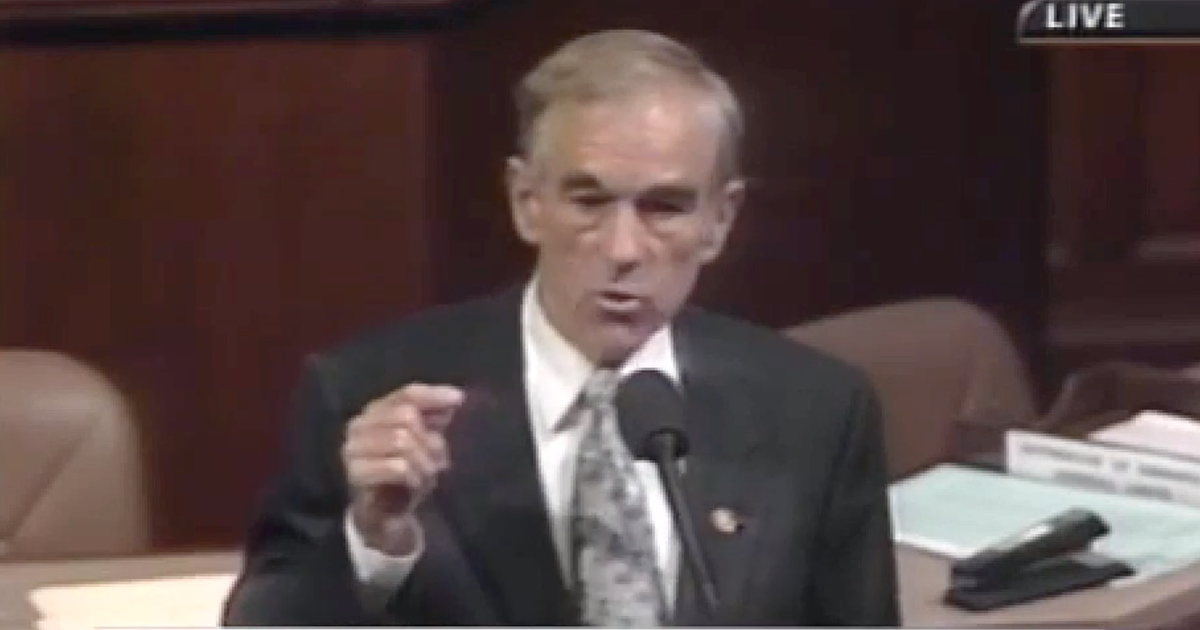
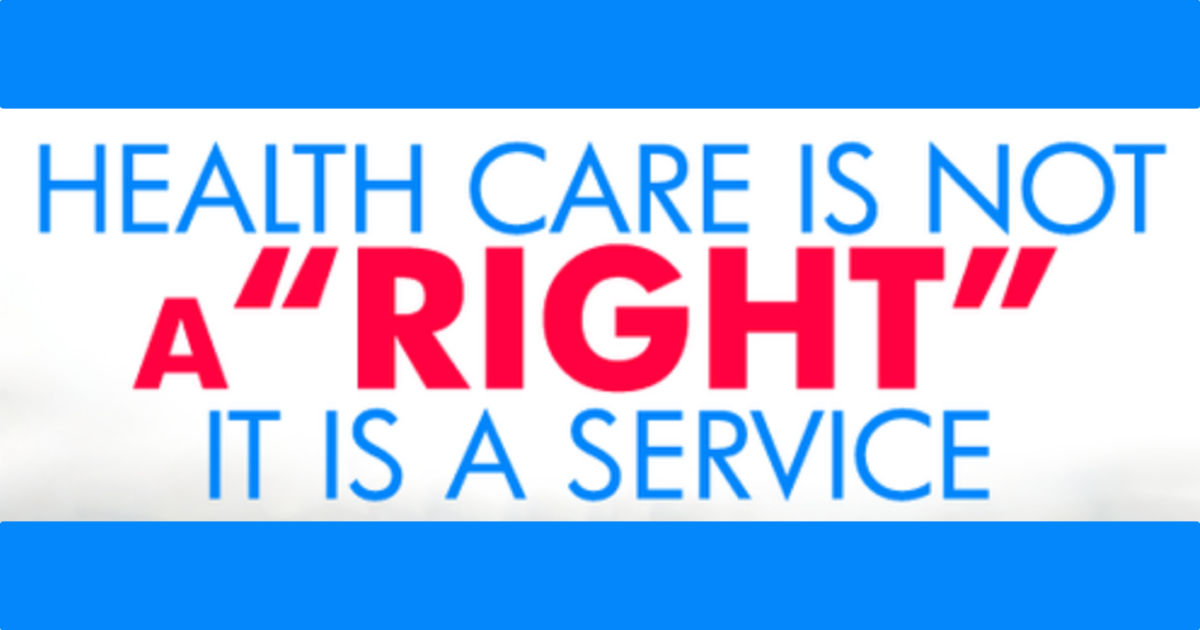
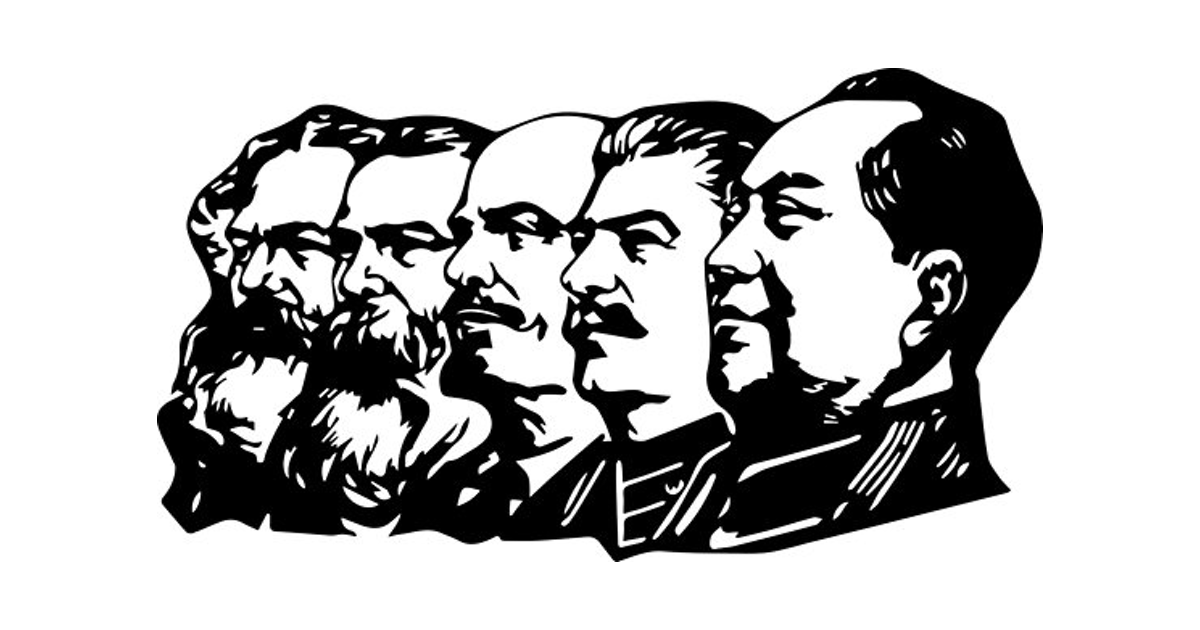
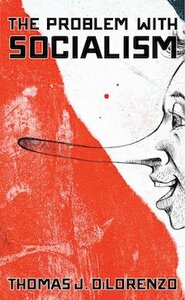
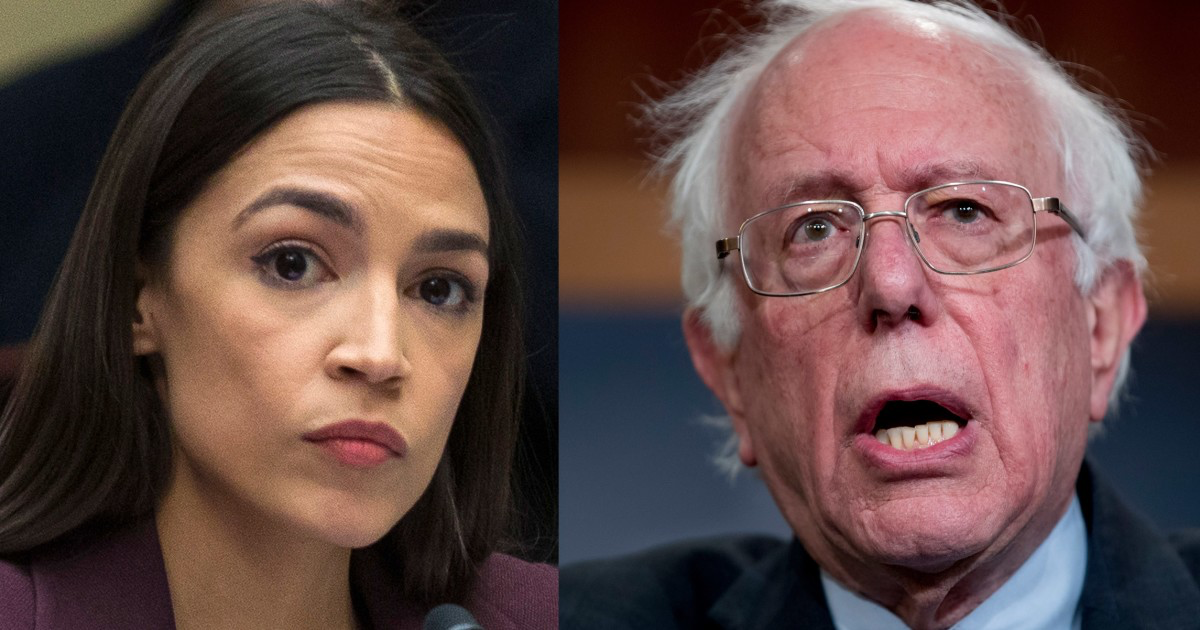
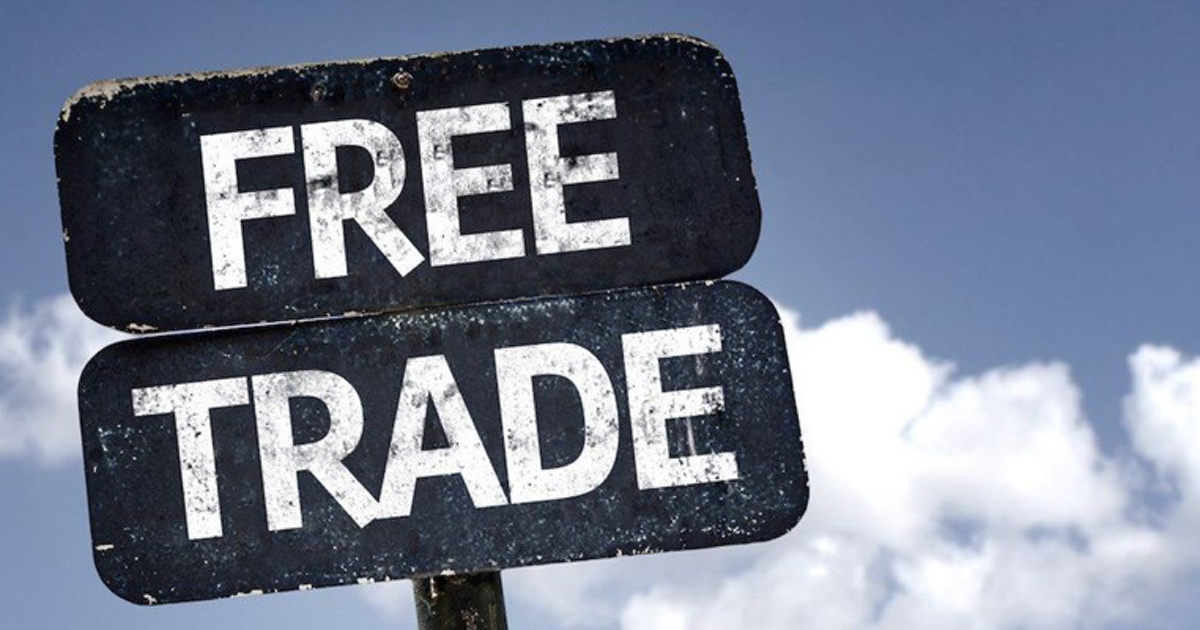
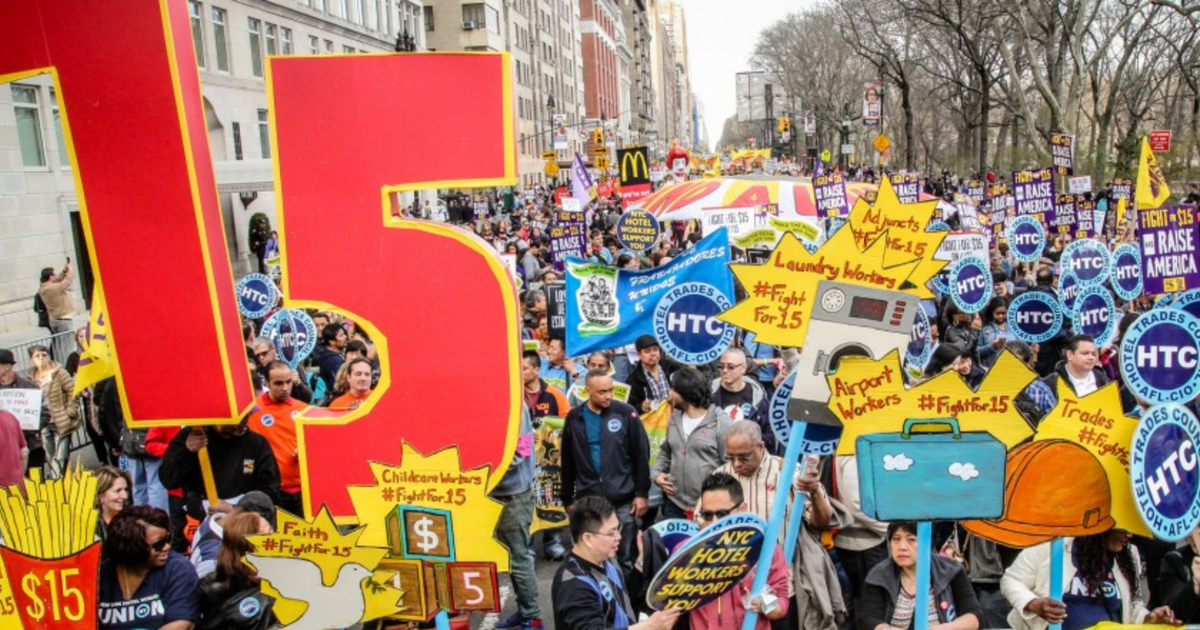
 RSS Feed
RSS Feed



